Description
“Sri Lanka: Government and Politics” by Verinder Grover is a comprehensive exploration of the political landscape and governance structure of Sri Lanka. In this book, Grover provides an in-depth analysis of the country’s political history, system of governance, key institutions, political parties, and major challenges faced by Sri Lanka in the realm of politics. With a focus on both historical context and contemporary developments, Grover offers a nuanced understanding of the complexities and dynamics of Sri Lankan politics. This book serves as an invaluable resource for scholars, researchers, policymakers, and anyone interested in gaining a deeper insight into the political landscape of Sri Lanka.
In the first section of the book, Grover delves into the historical backdrop of Sri Lanka, tracing the origins of its political institutions and the influence of colonial rule on its governance structure. He explores the formation of the Sri Lankan state, the role of Buddhism in shaping its political identity, and the impact of ethnic and religious diversity on the country’s politics. By examining the historical context, Grover provides readers with a solid foundation for understanding the complexities of contemporary Sri Lankan politics.
Grover’s book offers a detailed analysis of the political system in Sri Lanka. He explores the country’s political parties, electoral processes, and the functioning of its key institutions, including the executive, legislature, and judiciary. The author also provides an in-depth examination of the role of ethnic and religious divisions in Sri Lankan politics, particularly the long-standing conflict between the Sinhalese majority and the Tamil minority. Grover explores the root causes of this conflict, its historical development, and its impact on Sri Lanka’s political landscape.
Moreover, Grover delves into the challenges faced by Sri Lanka, such as corruption, human rights issues, and the impact of globalization. He explores the influence of external actors on Sri Lankan politics, including neighbouring countries and international organizations. The author provides a comprehensive analysis of the country’s foreign policy, focusing on its relationships with regional and global powers.
Grover’s analysis of the Sri Lankan political system is meticulous and comprehensive. He employs a balanced approach, providing readers with a thorough examination of various aspects of governance and politics in Sri Lanka. The author effectively combines historical context with contemporary developments, allowing readers to grasp the continuity and evolution of political institutions and dynamics in the country.
One of the strengths of Grover’s analysis is his attention to detail and his ability to present complex information in a clear and accessible manner. The author uses a range of primary and secondary sources, including government documents, scholarly research, and interviews, to support his arguments and provide readers with a well-rounded understanding of the subject matter. This meticulous research enhances the credibility and reliability of the book.
In comparison to other books on Sri Lankan politics, Grover’s work stands out for its comprehensive coverage and analytical depth. While some books may focus on specific aspects of Sri Lankan politics, such as the civil war or the role of the executive, Grover’s book offers a holistic exploration of the political landscape, encompassing historical, institutional, and contemporary dimensions.
Throughout the book, Grover identifies and explores several key themes that are central to understanding Sri Lankan politics. One such theme is the role of ethnicity and religion in shaping political dynamics. The author analyzes the impact of Sinhalese nationalism and Buddhist identity on Sri Lanka’s political landscape, as well as the demands for Tamil self-determination and the challenges of accommodating ethnic and religious diversity within a unified state.
Another theme that emerges from Grover’s analysis is the tension between democracy and authoritarianism in Sri Lanka. The author discusses the challenges of consolidating democratic institutions and processes in the face of political violence, corruption, and power struggles. He highlights the importance of nurturing democratic values and institutions for sustainable political development in the country.
In “Sri Lanka: Government and Politics,” the focus is primarily on the political institutions, processes, and actors rather than individual personalities. Grover analyzes the role of political parties, leaders, and interest groups in shaping Sri Lankan politics. While the book does not delve deeply into personal biographies or anecdotes, it provides readers with a comprehensive understanding of the various actors and their influence on the political landscape.
About the Author:
Verinder Grover is an esteemed scholar with expertise in the field of political science and international relations. He has authored numerous books and articles on South Asian politics, with a particular focus on India and Sri Lanka. Grover’s extensive research and in-depth knowledge of the subject matter are evident in “Sri Lanka: Government and Politics,” making him a respected authority on Sri Lankan politics.
Grover’s writing style is scholarly and accessible. He presents complex concepts and information clearly and straightforwardly, making it easier for readers to grasp the intricacies of Sri Lankan politics. The author’s use of illustrative examples and case studies further enhances the readability of the book, allowing readers to relate theoretical concepts to real-world situations.
What People Say About This Book:
“Sri Lanka: Government and Politics” has received praise from scholars and experts in the field. Critics have commended Grover’s comprehensive analysis, his balanced approach, and his ability to synthesize complex information into a coherent narrative. Readers have also appreciated the author’s attention to historical context, which provides a solid foundation for understanding the current political landscape of Sri Lanka.
- Comprehensive coverage of Sri Lankan politics, encompassing historical, institutional, and contemporary dimensions.
- Meticulous research and extensive use of primary and secondary sources, enhancing the book’s credibility.
- Clear and accessible writing style that makes complex information easy to understand.
- In-depth analysis of key themes, such as the role of ethnicity and religion, democracy versus authoritarianism, and external influences on Sri Lankan politics.
- Expertise of the author, Verinder Grover, a respected scholar in the field of political science and international relations.


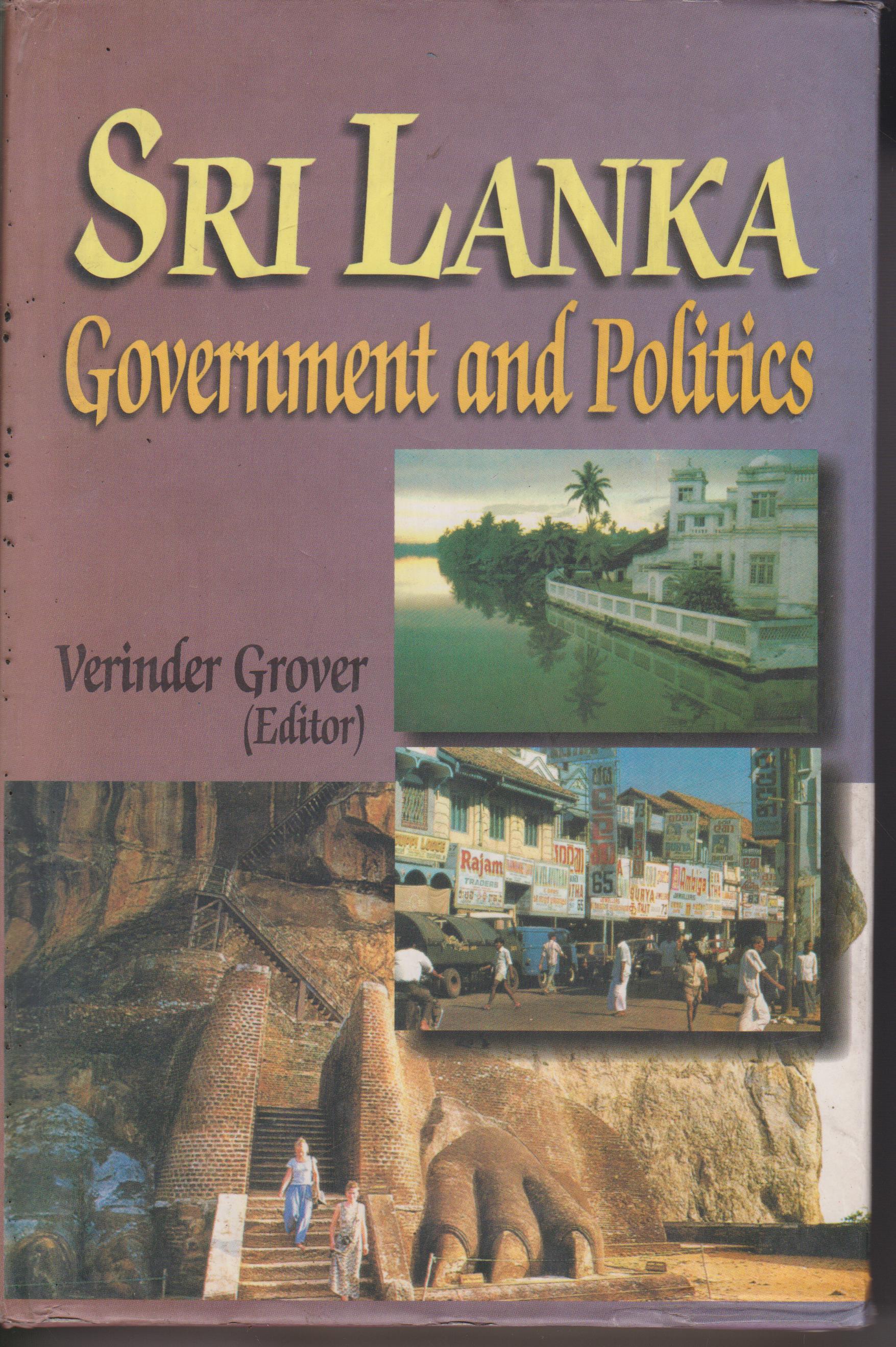
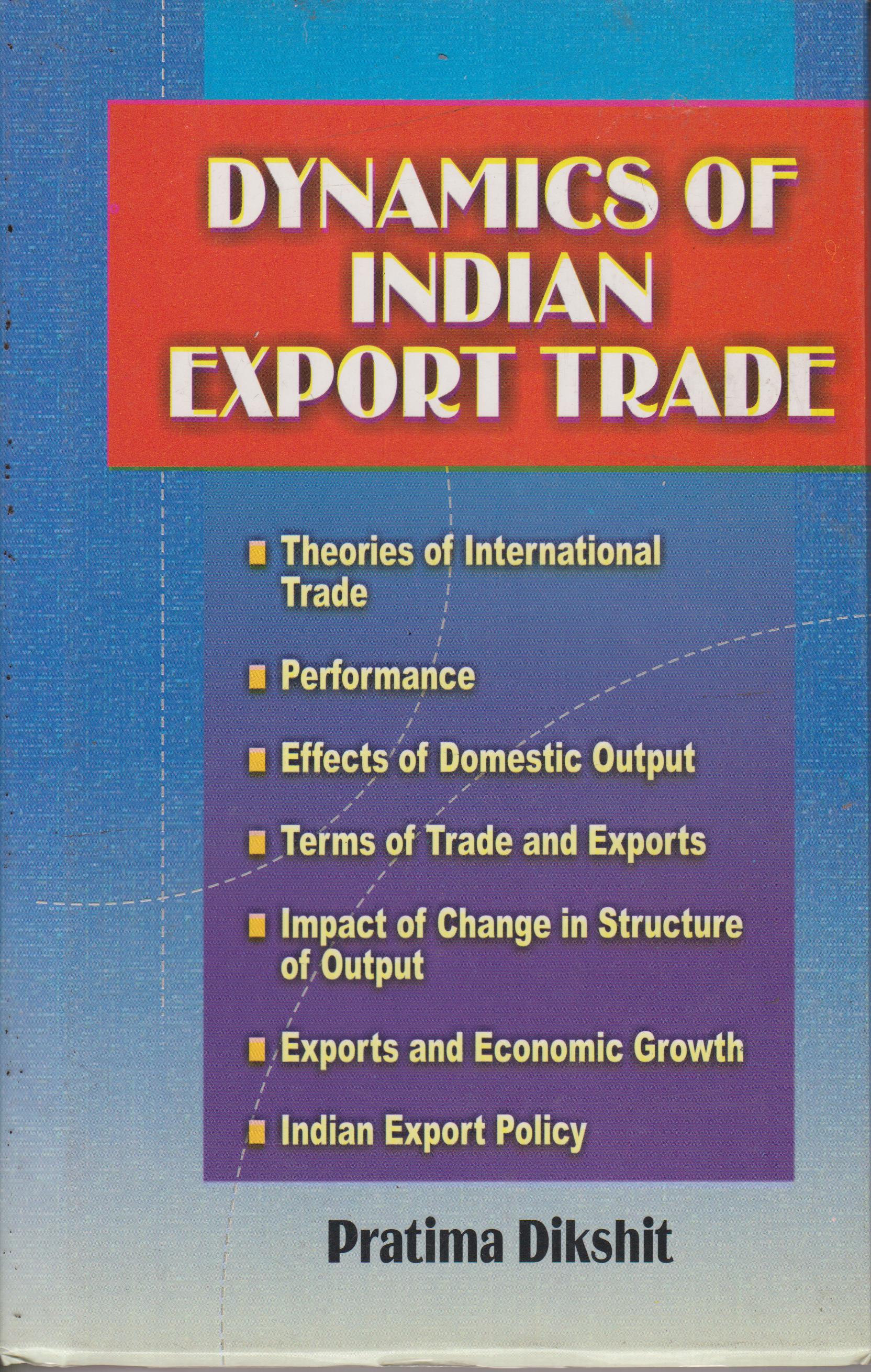
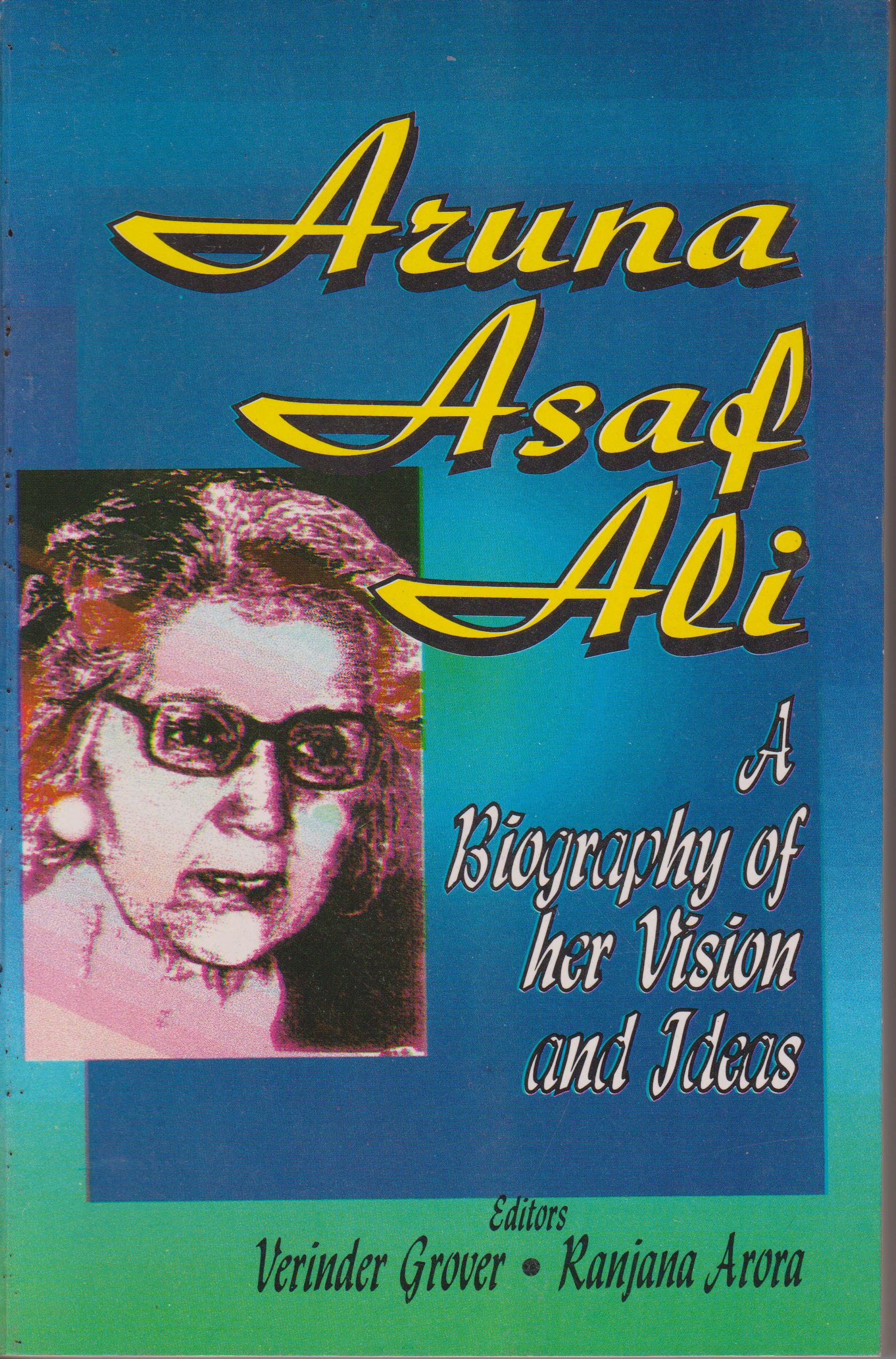
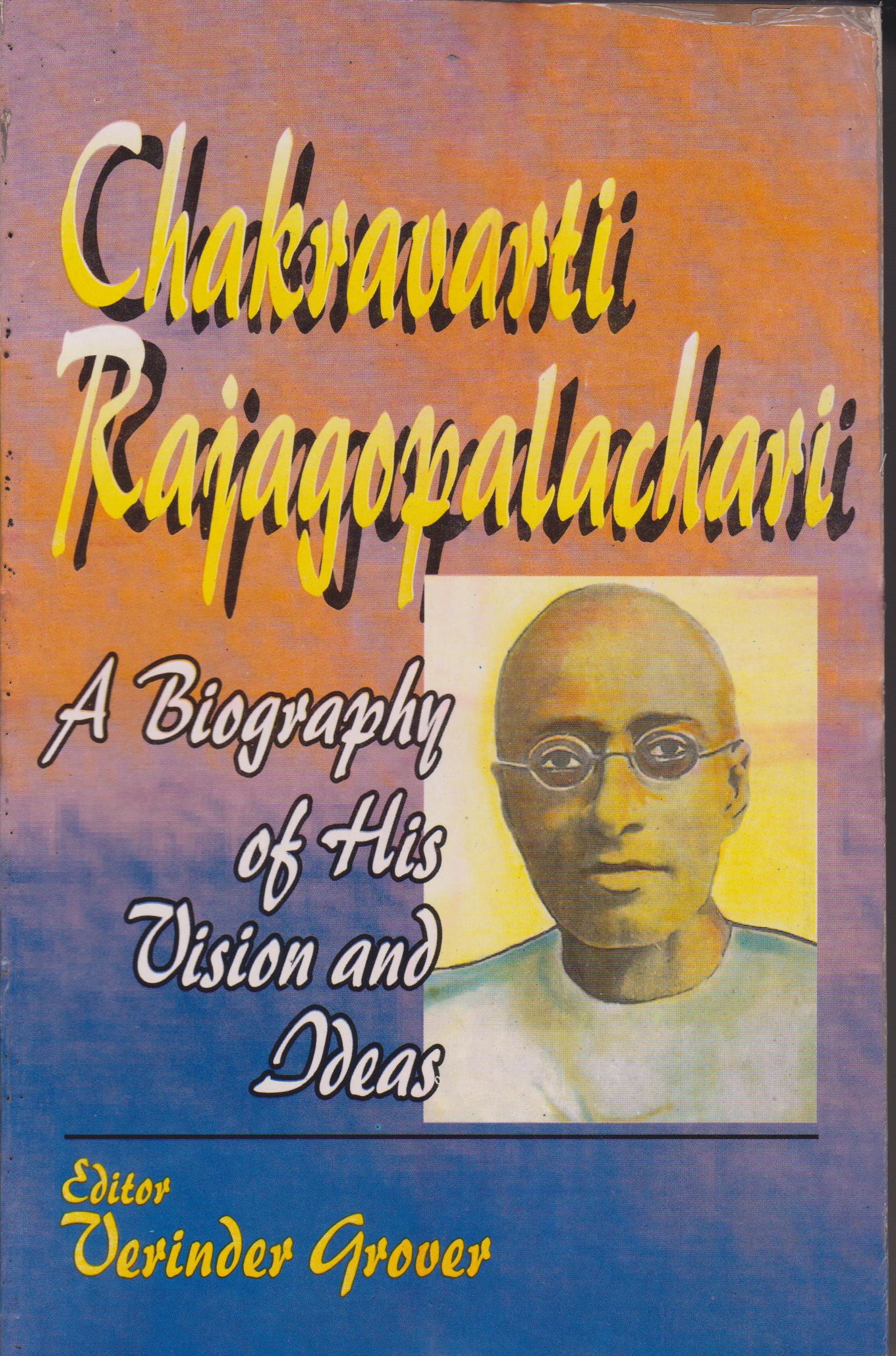

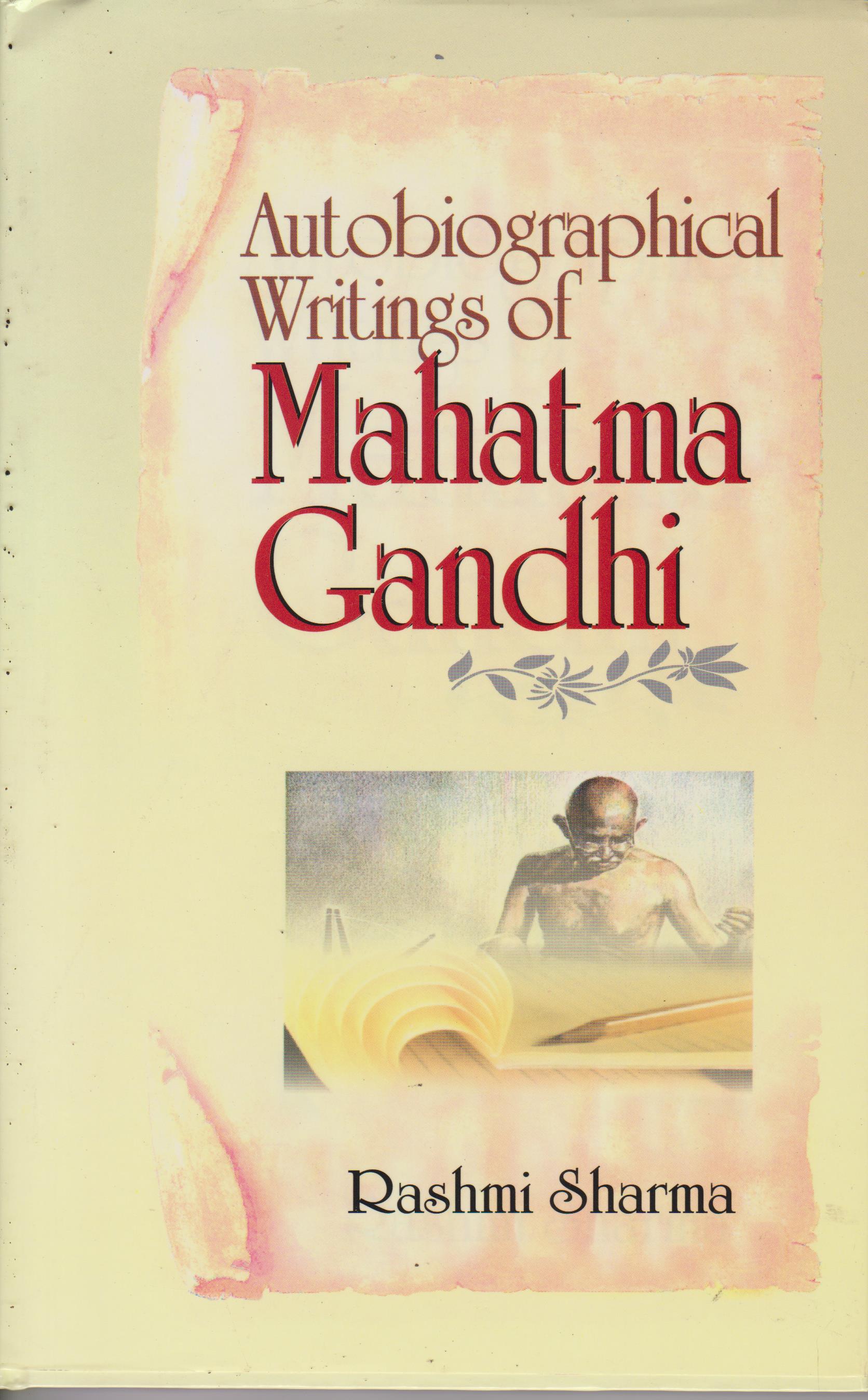
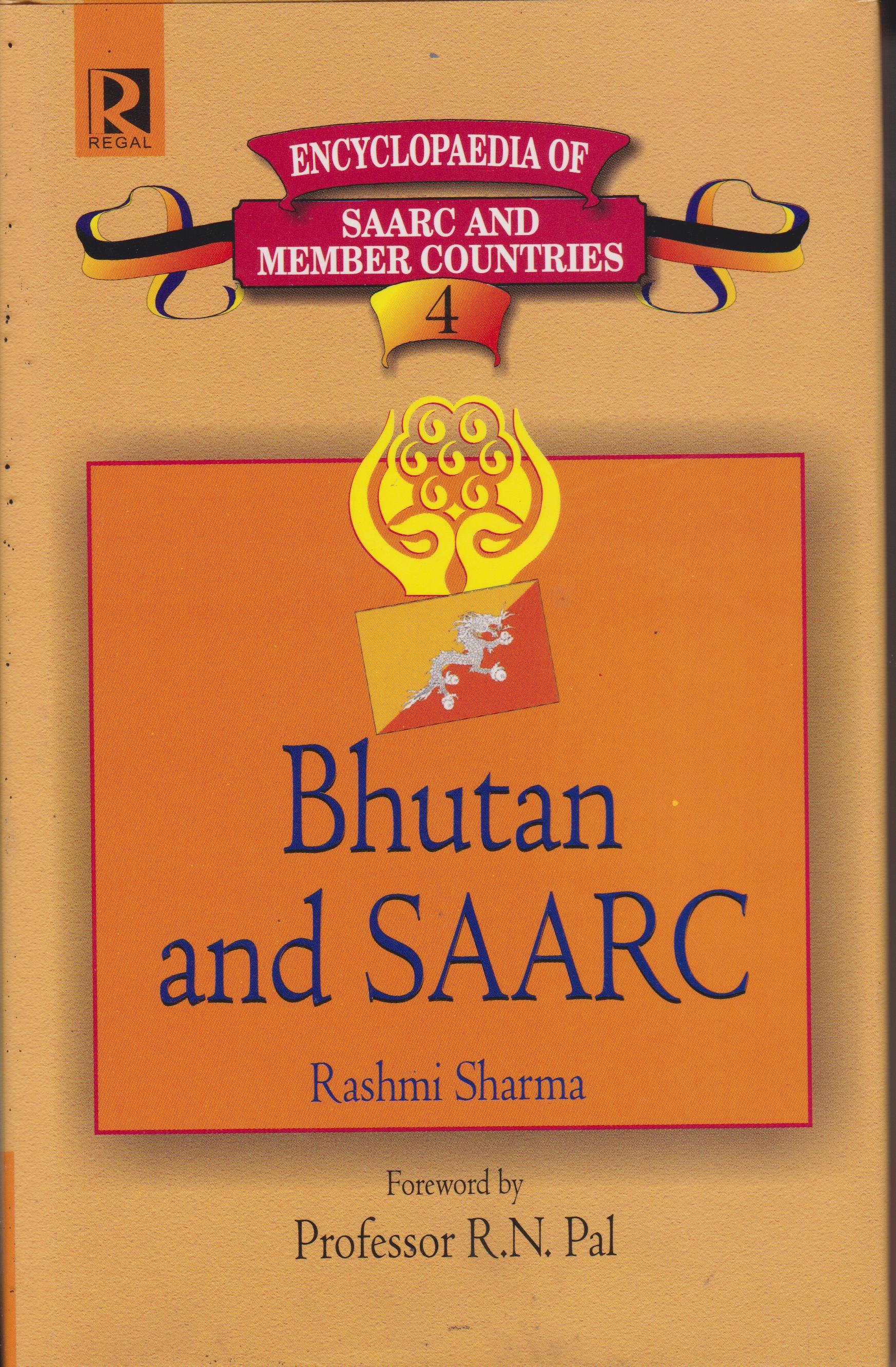
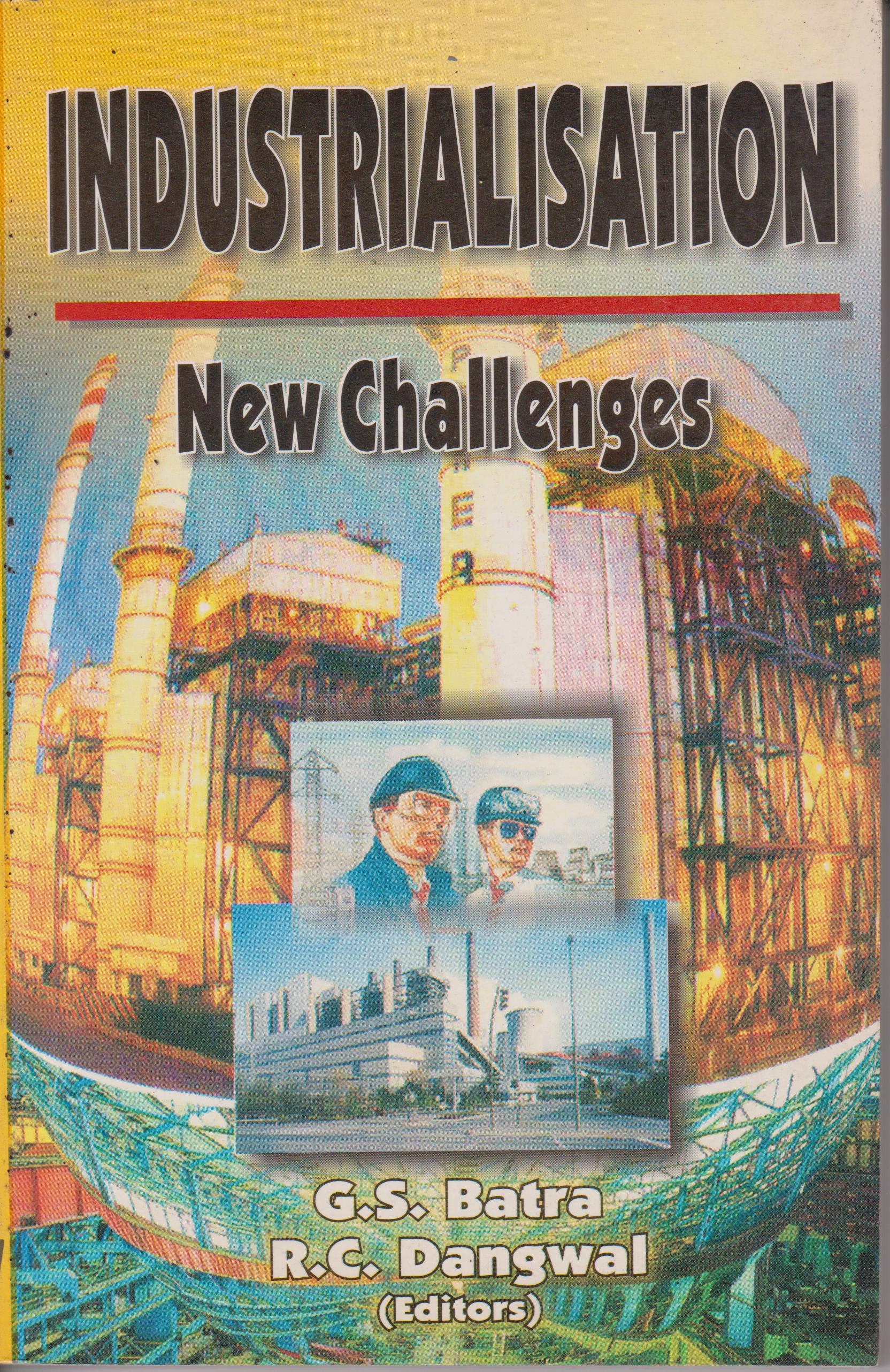
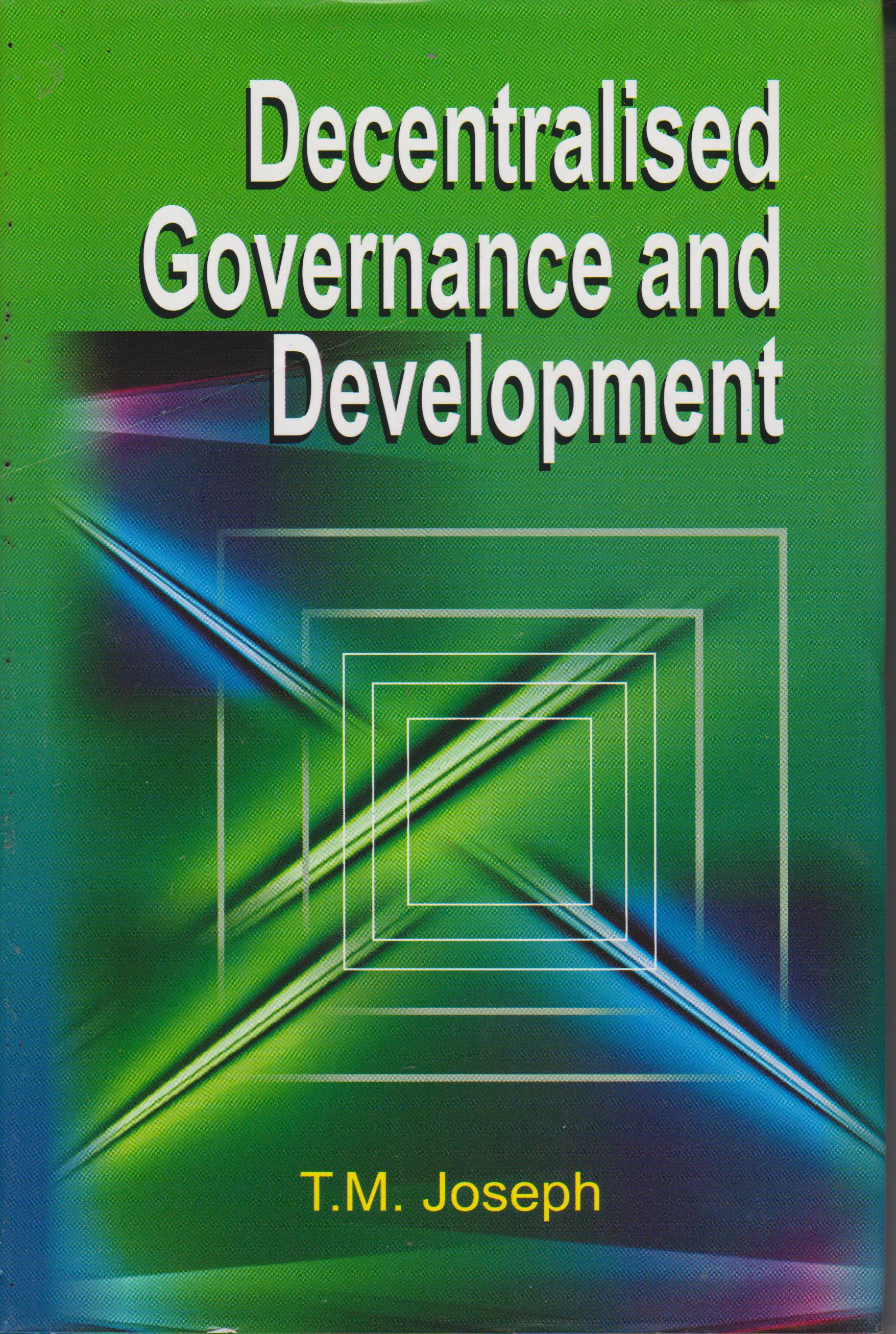
Reviews
There are no reviews yet.